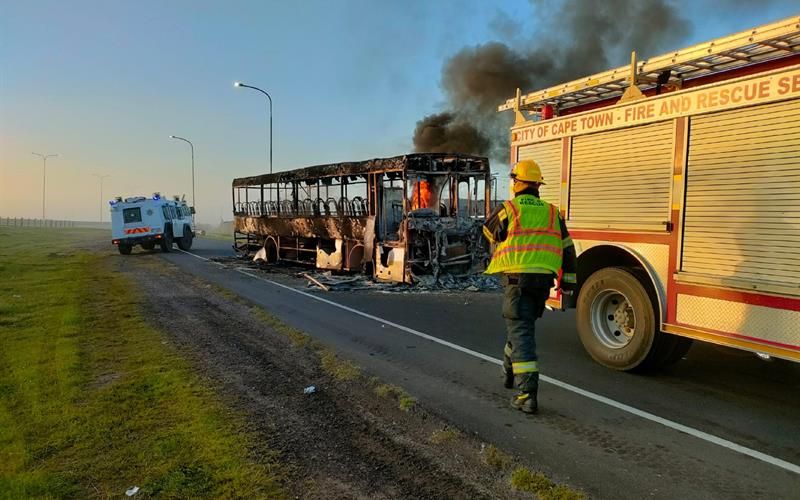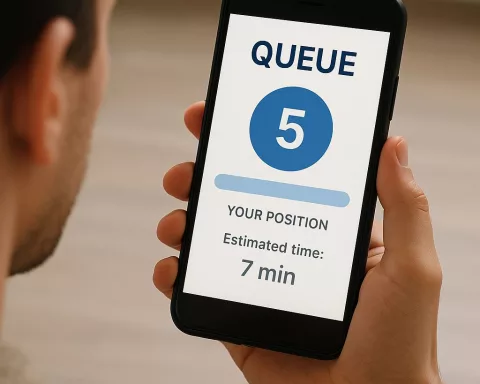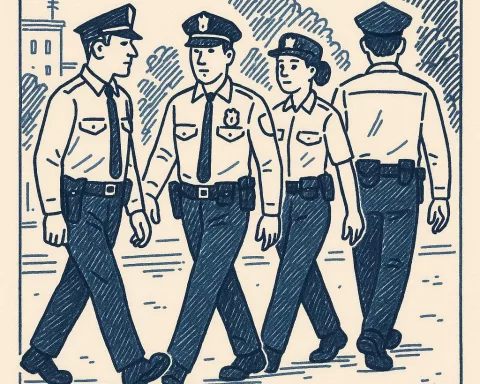The South African National Taxi Council in the Western Cape (SANTACO-WC) initiated a strike that is severely impacting the region and raising concerns among officials. Premier Alan Winde has expressed his concern about the damage inflicted on the local economy and critical services. A special Cabinet meeting was held with the City of Cape Town’s key leadership to assess the situation and determine further actions.
Premier Winde and Minister Mackenzie’s Response
Premier Winde has called on taxi leaders to de-escalate the violence and find a resolution to the dispute. The strike has led to violence and destruction of property, which undermines SANTACO-WC’s objectives. Western Cape Minister of Mobility Ricardo Mackenzie echoed these sentiments, expressing his concern about the ongoing strike and its impact. He emphasized the provincial government’s commitment to addressing the industry’s issues and ensuring the safety of commuters and road users.
Impact on Critical Services
The strike has substantially impacted provincial government and municipal services, particularly in education, health, and social development. Approximately 287,420 learners and 9,000 educators have been unable to attend school since the strike began. Healthcare services have also taken a hit due to the strike and the associated violence. Many healthcare facilities, such as Tygerberg, Red Cross, and Groote Schuur Hospitals, have had to postpone elective surgeries and operate at reduced capacity. Community Health Centers and Clinics have also limited their services.
Disruption of Social Development Services
Social Development services have been disrupted, with many Western Cape Department of Social Development staff forced to work from home. Several department offices in volatile areas have been temporarily closed. Premier Winde considers the situation untenable and unacceptable, emphasizing the need for all parties to return to negotiations.
Ministerial Response
Minister for Police Oversight and Community Safety, Reagen Allen, condemned the damage to property, particularly safety-related resources. However, contingency plans have been put in place to ensure that the affected law enforcement vehicles’ destruction will not impact Law Enforcement Advancement (LEAP) Officers’ deployment in the area. Minister Mackenzie underscored his department’s exhaustive efforts to end the strike and restore minibus taxi services.
Resolution
A proposal was put forward on Friday to alleviate the impact of impoundments on taxi operators while resolving operating license challenges and other issues. However, SANTACO-WC’s additional demands are not legally implementable and would necessitate long-term engagement with national government and other stakeholders. Presently, options are limited if SANTACO-WC will not return to negotiations and resume the Minibus Taxi Task Team’s joint work.








